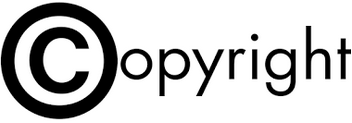
The first element of a criminal prosecution for copyright infringement under 17 U.S.C. § 506(a) requires proof that the copyright at issue is a valid copyright. This may be established by demonstrating that the formal requirements of copyright registration have been satisfied. Although registration of a copyrighted work is not necessary to obtain copyright protection, it is usually required before prosecuting a copyright defendant in criminal court.
Registration of a copyright is typically proven by obtaining a certificate of registration from the Register of Copyrights. Under 17 U.S.C. § 410(c), a certificate of registration “made before or within five years after the first publication of the work shall constitute prima facie evidence of the validity of the copyright. . . .” If the defendant contests the validity of the copyright at issue as a defense in a criminal prosecution, the government would need to make an independent evidentiary showing that the copyright is valid. This would involve showing that the copyright was not obtained by fraud and the registration certificate is genuine.
 Indiana Intellectual Property Law News
Indiana Intellectual Property Law News

